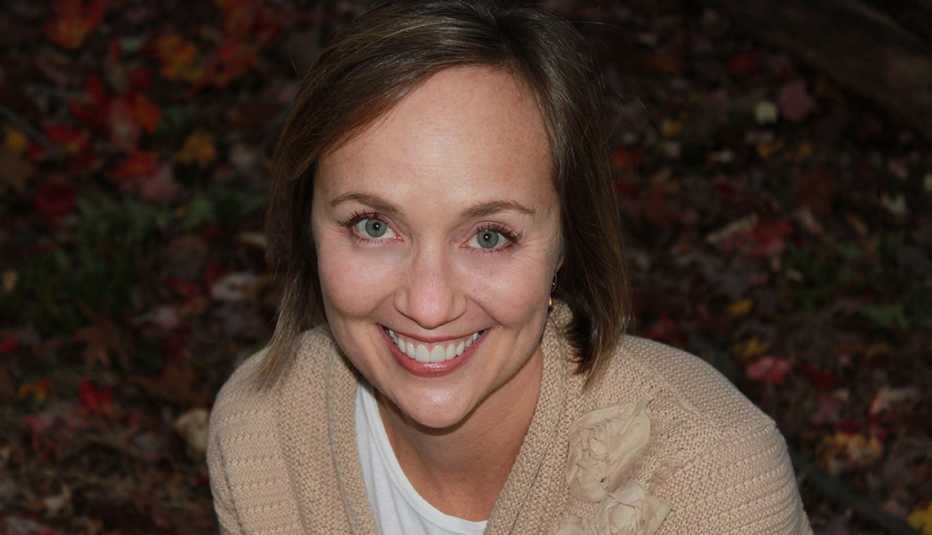Staying Fit


My history with sleep is like a roller coaster — making arduous, steady climbs to stretches of adequate rest, then careening with compounding speed into long stretches of little more than four hours a night.
Early in my career, I actually took great pride in my belief that I didn’t require as much sleep as my colleagues. I could get more done in a day! I was ridiculously productive and ridiculously exhausted.


AARP Membership— $12 for your first year when you sign up for Automatic Renewal
Get instant access to members-only products and hundreds of discounts, a free second membership, and a subscription to AARP the Magazine.
As a health journalist, I inevitably learned the truth about sleep. It is crucial, not just for productivity and accuracy, but also for overall health, brain function, mood and longevity. But about the time I started to seriously seek the sandman — purchasing a sleep mask, earplugs and Tylenol PM; determinedly going to bed and waking up at the same times on weekdays and weekends; regularly soaking up eight hours, which felt like water for a very, very dry sponge — I had kids.
With my firstborn, I went from eight regular hours to four — on a good night. It was a free fall that I didn’t even try to recover from until my youngest set her sights on her tweens.
By then, something had shifted. My old tricks, even trading Tylenol PM for something more potent, gave me no traction. Night after night, I tossed and turned for hours and often found myself wide awake at 3 in the morning.
I can thank the onset of menopause for this new twist, says Rachel Salas, M.D., a sleep expert and professor of neurology at Johns Hopkins Medicine in Baltimore: “Hormone changes can disrupt sleep.”
She explained that, among other things, shifts of progesterone and estrogen can spur warmer body temperature: “The body actually needs to cool down even further when you transition into the deeper stages of sleep. If you’re too hot when you’re sleeping, it may negatively affect your sleep quality.”
Whatever the reason, the sleep logs on my Fitbit revealed clearly my sad state of un-slumber. On a Tuesday, I logged a full five hours, then I plummeted to 1 hour and 52 minutes on Wednesday. Banking a turn, I logged 4 hours, 52 minutes, on Thursday, then held tight at 4 hours, 56 minutes, on Friday. Next, I free fell to 1 hour, 8 minutes, on Saturday and 1 hour, 40 minutes, on Sunday.
This newest nadir left me feeling tired, incapable of completing a single thought. And irritable? — well, that doesn’t even come close to describing it. I wanted off this roller coaster once and for all.
A conversation with Salas yielded multiple suggestions that I’d heard, even tried, before, such as avoiding LED lights (or any blue or green light) in the evening and before bed, developing a regular sleep routine and keeping a consistent bedtime. She did mention something that caught my attention though: trying relaxation through breathing and meditation. I suppose it sounds a bit like a no-brainer to say you need to relax to fall sleep, but researchers are beginning to home in on the reasons breathing and relaxation exercises help to improve sleep.





































































More on Health
8 Things to Do at 50+ to Help You Live Longer
It’s never too late to make small changes to improve your health
How to Create a Sleep Sanctuary and Other Tips for a Good Night's Sleep
13 habits to give your body the rest it needs
The Truth Behind 19 Common Myths About Your Health
From gum to spiders to hangovers, here’s how to separate fact from fiction